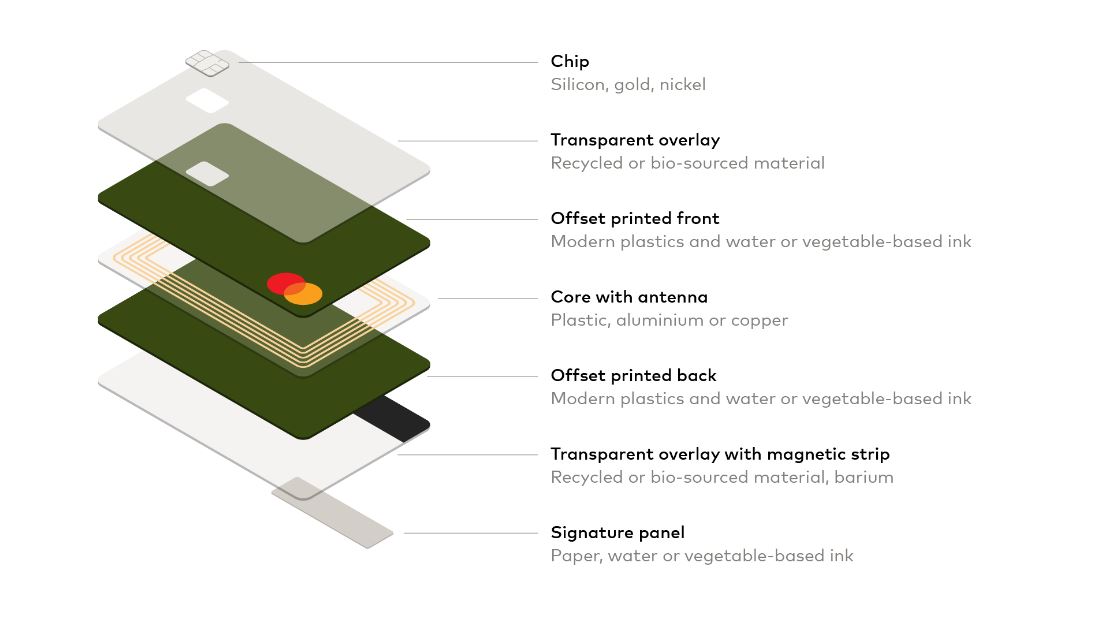
Water Conservation: 7 Simple Ways to Save Water at Home and in Your Business
Water is one of our most precious resources, yet it is often wasted without thought. ...

All newly–produced Mastercard plastic payment cards will be made from more sustainable materials by January 2028 – including recycled or bio-sourced plastics such as rPVC, rPET, or PLA1 – and approved through a certification program, in a first move for a payment network.
The company will support its global issuing partners through the transition away from virgin PVC.
This move further reinforces the company’s sustainability commitments and scales the accessibility of more sustainable card offerings for consumers seeking a way to reduce the environmental impact of their wallet.
Mastercard launched its Sustainable Card Program in 2018. Since then, over 330 issuers across 80 countries have signed up, working in partnership with major card manufacturers to transition more than 168 million cards across its network to recycled and bio-based materials. Today’s announcement further accelerates these efforts, while also complementing the company’s work to deliver innovative, digital-first card programs that fully eliminate the need for a physical card offering.
The rule change will see all newly made cards certified by Mastercard to assess their composition and sustainability claims; this certification will then be validated by an independent third-party auditor. Once a card has been validated it can be imprinted with a Card Eco Certification mark.
“At Mastercard we are leading and shaping our industry’s collective pursuit of a more sustainable, more environmentally conscious future,” said Ajay Bhalla, President of Cyber & Intelligence at Mastercard. “As our customers respond to increased consumer desire to make more eco-friendly choices, we are making a firm commitment to reducing our environmental footprint – for the benefit of people, planet and inclusive growth.”
Mastercard established its sustainability efforts more than a decade ago with a focus on financial inclusion, data responsibility and the environment. Through its network it collaborates with partners to bring new environmental innovations and initiatives to market, such as our Priceless Planet Coalition, Carbon Calculator as well as the Sustainable Card.
“Mastercard is committed to advancing climate action and reducing waste by driving our business toward net zero emissions and leveraging our network and scale to accelerate the transition to a low-carbon, regenerative economy,” said Ellen Jackowski, Chief Sustainability Officer for Mastercard.
In 2018, through Mastercard’s Digital Security Lab, the company launched the Greener Payments Partnership with card manufacturers Gemalto, Giesecke+Devrient and IDEMIA to reduce the use of first-use PVC plastic in card manufacturing. Mastercard’s participant banks span more than 80 different countries worldwide. It launched the Mastercard Card Eco-Certification (“CEC”) scheme in 2021.
اترك تعليقا